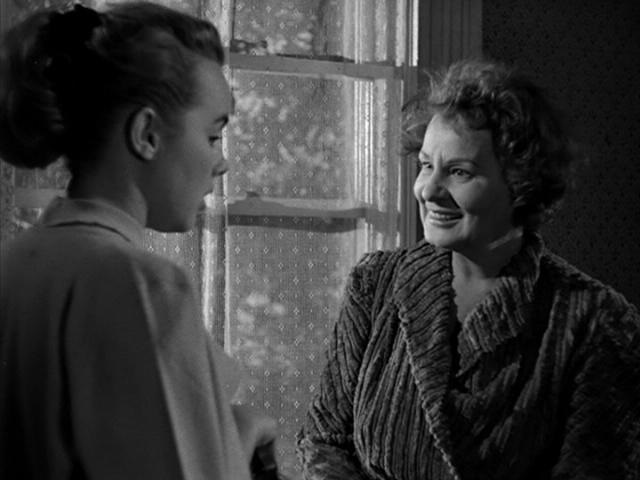
 |
| Photo © 1952 Paramount Pictures |
| Academy Award Nominations and Winners: | |
| ★ | Best Actress: Shirley Booth |
| Best Supporting Actress: Terry Moore | |
| Best Film Editing: Warren Low | |
| Golden Globe Nominations and Winners: | |
| Best Picture (Drama) | |
| ★ | Best Actress (Drama): Shirley Booth |
| Other Awards: | |
| Cannes Film Festival: International Prize (Dramatic); Special Mention for Acting (Booth) | |
| New York Film Critics Circle: Best Actress (Booth) | |
| National Board of Review: Best Actress (Booth) | |
| Permalink | Home | 1952 | ABC | Blog |